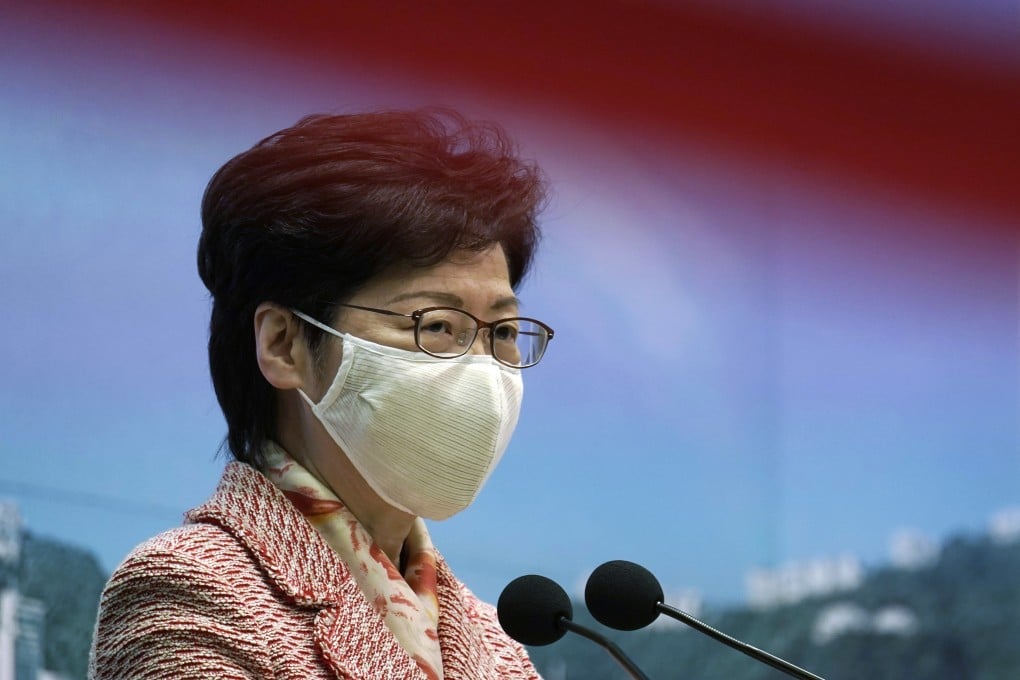Editorial | Hong Kong women can benefit from greater flexibility
- Social prejudice and expectation may be hindering gender equality, but work from home arrangements prompted by the Covid-19 epidemic have proved useful for many

Hong Kong is arguably a stellar example when it comes to women taking part in politics. Over the years, there has been no shortage of top female civil servants and lawmakers. We also have had the first female chief executive, Carrie Lam Cheng Yuet-ngor, who rose through the ranks to take the helm in 2017.
Impressive as it seems, the political sphere is still predominantly a man’s world as in many places across the globe. Social prejudice and expectation mean gender equality remains a work in progress.
The problem is not just reflected in the relatively low ratio of women in the Legislative Council, 17.1 per cent in 2016, and district councils, 19.5 per cent last year.
While the proportion of women as government officials has risen to 38 per cent today, the rate has slowed in recent years, according to the Equal Opportunities Commission, the statutory body that fights discrimination and promotes gender equality.

05:09
Chinese female migrant workers empowered by stage roles in dramas based on their stories
A recent study by the watchdog exposed systemic issues. While more than 60 per cent of respondents believed men and women had equally good leadership qualities, 71.6 per cent also said men were more capable in dealing with security affairs, compared with 51.9 per cent on economic matters, finance and trade.
